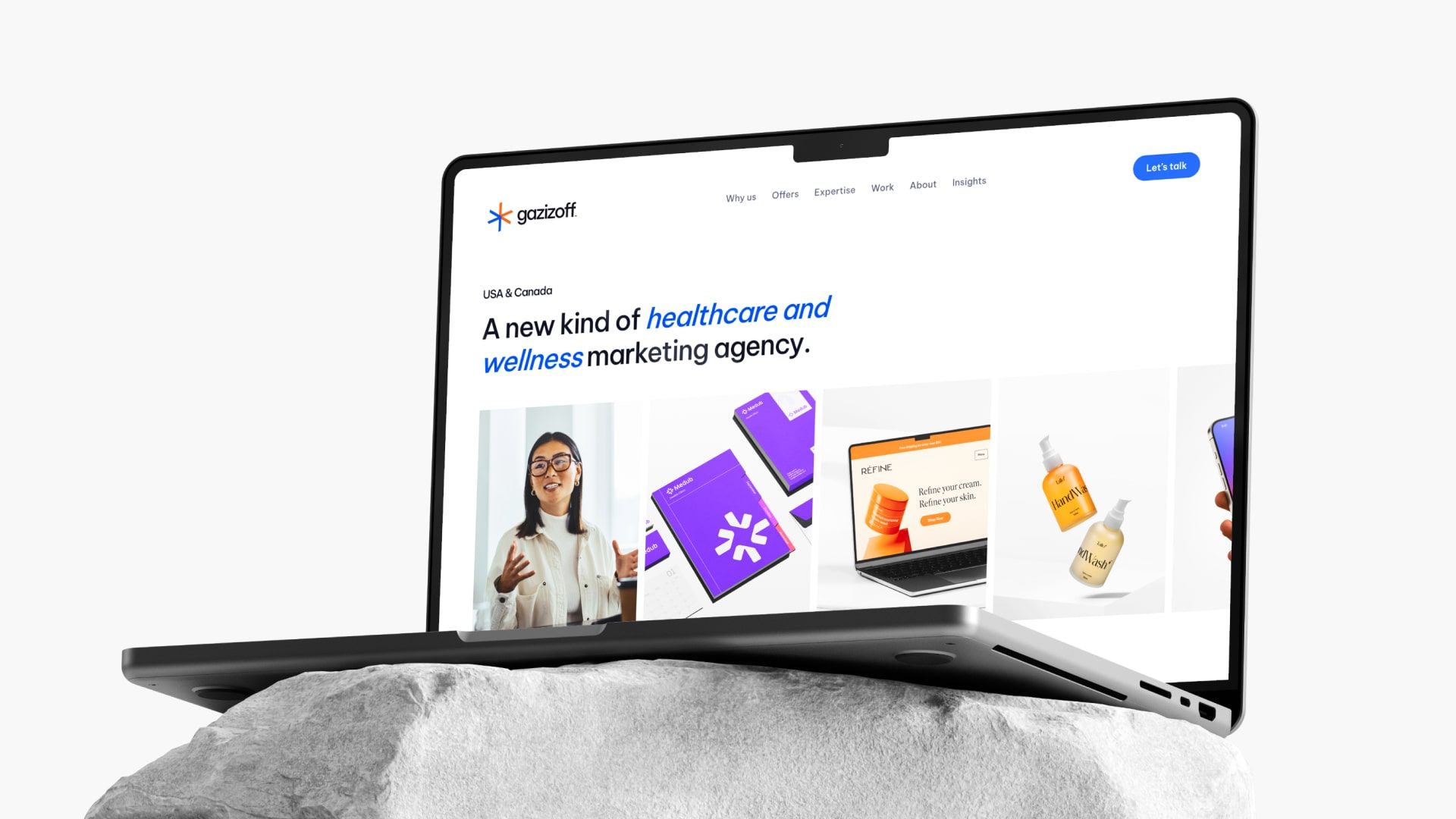Table of contents
Introduction
In today’s digital age, protecting personal data has become increasingly important.
Many countries implement laws, regulations, and standards to ensure privacy rights are respected, and people’s data is safe.
Today, I will share some of the most well-known and significant privacy, security, and data protection laws from various regions and countries.
I’ll briefly explain each one and highlight their main features and objectives.
By understanding these laws and standards, you and your organizations can better protect yourself, your customers’ information and comply with applicable regulations.
If you want to learn more about how to navigate privacy regulations read: Navigating Privacy Regulations in Marketing & Business [Beginners Privacy Guide]
CCPA – California Consumer Privacy Act
A California state law that came into effect in 2020 provides California residents with various data privacy rights and protections, such as the right to know what personal information is being collected about them, the right to delete their personal information, and the right to opt out of the sale of their data.
CDPA – Virginia Consumer Data Protection Act
A Virginia state law that came into effect in 2021 established data protection rights for Virginia residents and required businesses to comply with privacy-related obligations, such as providing notice to consumers about data collection and processing activities, allowing consumers to access and delete their data, and obtaining opt-in consent for specific sensitive data.
CMMC 2.0 – Cybersecurity Maturity Model Certification
A cybersecurity framework developed by the US Department of Defense (DoD) to enhance the cybersecurity posture of the defense industrial base (DIB) sector.
It includes a set of 17 security domains and five maturity levels that contractors must meet to bid on DoD contracts.
COPPA – The Children’s Online Privacy Protection Act
A US federal law that regulates the online collection of personal information from children under the age of 13.
COPPA requires these operators to obtain verifiable parental consent before collecting, using, or disclosing personal information from children under 13.
CPA – Colorado Privacy Act
A Colorado state law set to effect in 2023 provides Colorado residents with various data privacy rights and obligations for businesses.
It requires businesses to notify consumers about data collection and processing practices, allows consumers to access and delete their data, and obtain opt-in consent for certain types of data.
CPRA – California Privacy Rights Act
A California state law was passed in 2020 as an amendment to the CCPA, expanding the data privacy rights and protections for California residents, such as creating the California Privacy Protection Agency and giving consumers the right to restrict the use of their sensitive personal information.
CTDPA – Connecticut Data Privacy Act
A Connecticut state law currently under consideration aims to establish comprehensive data privacy protections for Connecticut residents and requires businesses to comply with various privacy-related obligations.
EU Whistleblower Directive
A European Union (EU) directive came into effect in 2019, providing whistleblowers with legal protections and channels for reporting illegal activities within their organizations.
FFIEC – Federal Financial Institutions Examination Council
A US interagency body that develops and promotes uniform principles, standards, and report forms for federal regulators’ examination of financial institutions.
GDPR – General Data Protection Regulation
An EU regulation that came into effect in 2018 provides EU residents with various data privacy rights and protections, such as the right to know what personal information is being collected about them, the right to delete their personal information, and the right to object to the processing of their data.
HIPAA – Health Insurance Portability and Accountability Act
A US federal law that regulates the use and disclosure of protected health information (PHI) by covered entities, such as healthcare providers, insurers, and their business associates.
IAB TCF 2.0 – Interactive Advertising Bureau Transparency and Consent Framework
The IAB developed a framework to help publishers, advertisers, and technology companies comply with the GDPR and other data privacy regulations by obtaining user consent for data processing activities in online advertising.
ISO 27701 – International Organization for Standardization 27701
A privacy management standard that provides guidelines for implementing and maintaining a privacy information management system (PIMS) based on the ISO 27001 standard.
LGPD – General Data Protection Law*
A Brazilian data protection law that regulates the processing of personal data and aims to protect the privacy rights of individuals.
*Lei Geral de Proteção de Dados
LkSG – Act on the Enhancement of the Security of Information Technology Systems
A German law that sets cybersecurity requirements for federal authorities and critical infrastructure operators in Germany.
**Gesetz zur Erhöhung der Sicherheit informationstechnischer Systeme –
Nevada Privacy Law
A privacy law in the US state of Nevada requires website operators to provide consumers with the right to opt out of selling their personal information.
PCI DSS – Payment Card Industry Data Security Standard
It’s a set of security standards developed by major credit card companies to protect against credit card fraud and ensure the secure handling of credit card information by merchants and service providers.
PDPA – Personal Data Protection Act
Thailand’s data protection law that regulates the collection, use, disclosure, and transfer of personal data and sets out requirements for data controllers and processors.
PIPEDA – Personal Information Protection and Electronic Documents Act
A Canadian privacy law that regulates the collection, use, and disclosure of personal information during commercial activities and sets out rules for protecting personal information.
POPIA – Protection of Personal Information Act
It’s a data protection law in South Africa that regulates the processing of personal information and provides individuals with certain rights concerning their personal information.
Sapin II – Loi Sapin II – Transparency, Anti-Corruption, and Modernization of Economic Life Law
It’s a French law that aims to improve transparency and fight against corruption in business activities in France.
Schrems II
A European Court of Justice ruling that invalidated the Privacy Shield Framework. Due to concerns about US surveillance practices, this mechanism allowed the transfer of personal data from the EU to the US.
SOC 2 – Service Organization Control 2
It’s a set of auditing standards developed by the American Institute of Certified Public Accountants (AICPA) to assess the effectiveness of a service organization’s controls over information security, availability, processing integrity, confidentiality, and privacy.
SOX – Sarbanes-Oxley Act
A US law that sets standards for financial reporting by publicly traded companies and imposes penalties for fraudulent financial activities.
UCPA – Utah Consumer Privacy Act
A proposed privacy law in the US state of Utah that would give consumers more control over their personal information and require businesses to disclose their data collection and sharing practices.
Conclusion
Understanding privacy regulations is essential for protecting personal information, ensuring compliance, navigating legal complexities, and improving cybersecurity.
By being informed, we can protect ourselves, our companies, and our customers from potential risks.
It’s crucial to stay up-to-date with privacy regulations as technology advances to ensure the security of our personal information.
The content provided on this website is for general informational purposes only and is not intended as professional or expert advice. While we endeavor to present accurate and up-to-date information related to healthcare and wellness marketing, we cannot guarantee its completeness or relevance. Any actions taken based on the information on this website are strictly at your own discretion. For specific guidance tailored to your situation, please consult with a qualified professional in the relevant field.










Leave a Reply